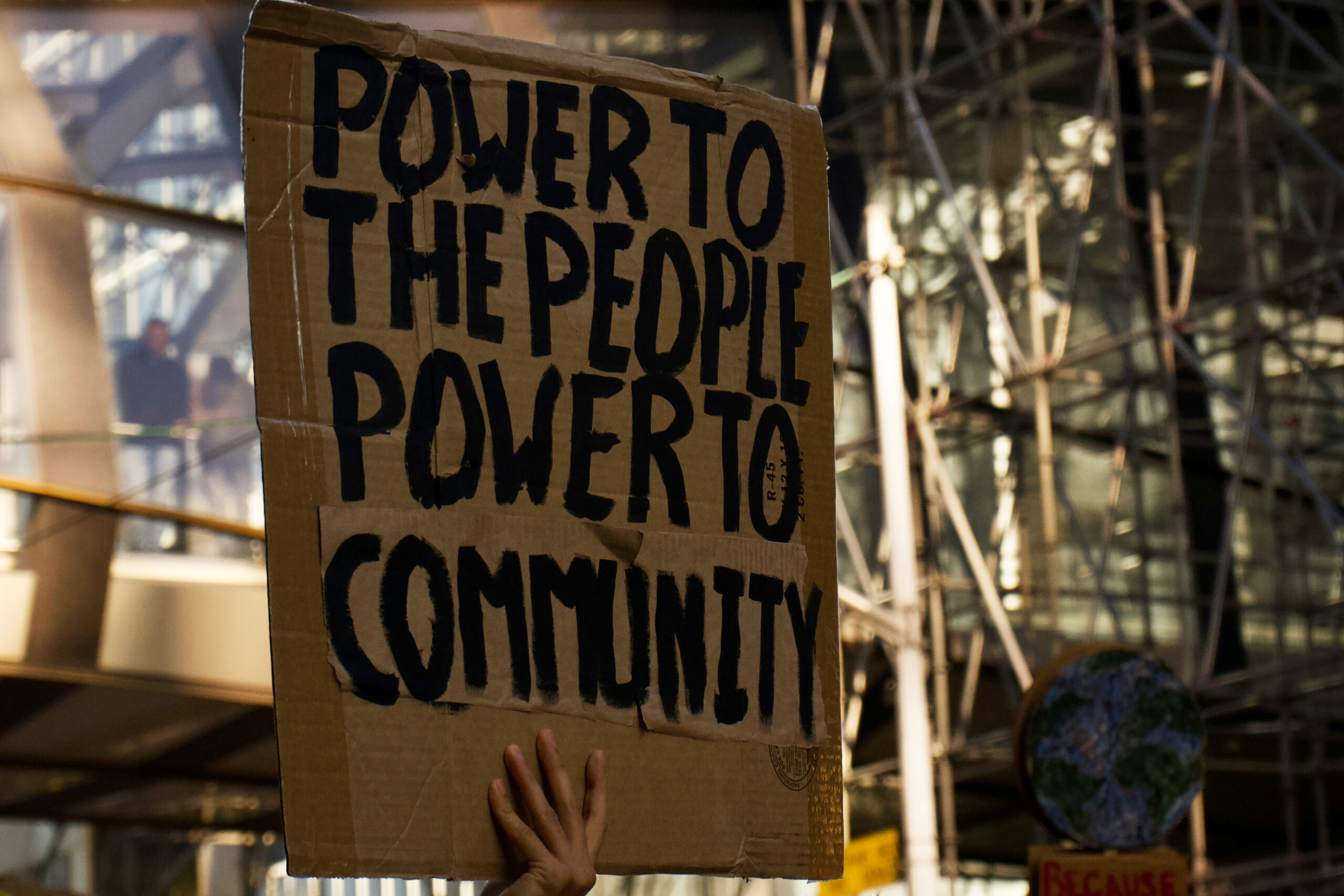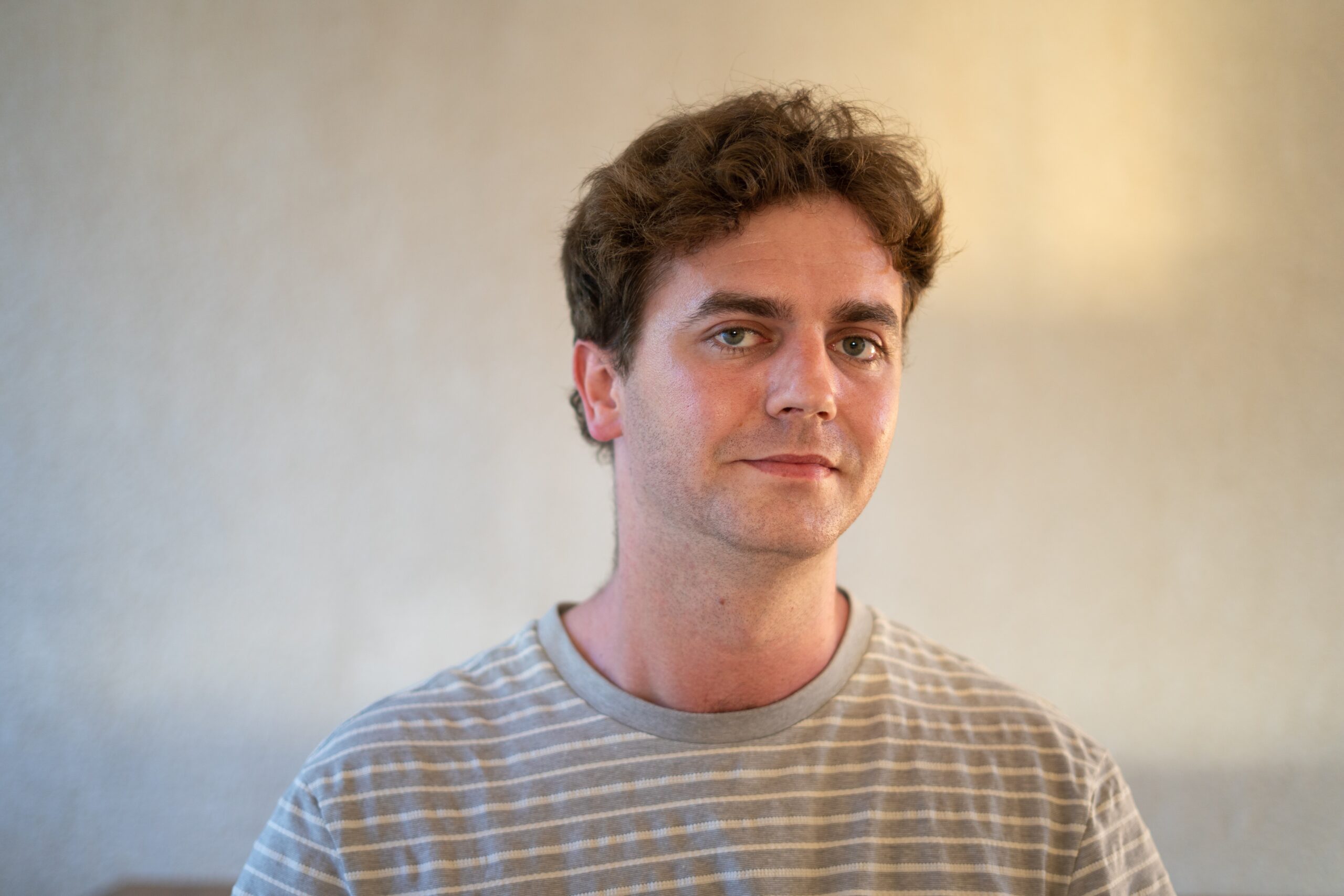Umtul Aleem Kokab, a final year doctoral candidate at the Department of Humanities and Social Sciences, Indian Institute of Technology, Delhi, India, recently attended the British Association for South Asian Studies (BASAS) annual conference. Here, she blogs about her experience at the conference and why it has been valuable to her work.
I recently attended the British Association for South Asian Studies (BASAS) annual conference which was held at King’s College London from September 9-11 2024. It was an enriching experience, as the event provided me with a unique platform to not only share my doctoral research, but to also connect with
other scholars dedicated to exploring the themes of violence, marginality, and identity in South Asia.

About BASAS annual conference
BASAS is one of the most important annual conferences on South Asian research in the UK. It invites new works that creatively engage with the historical debates by drawing upon South Asian literature.
The conference provides an opportunity to hear diverse scholarship from the region. The three day conference, which featured more than 70 panels, provided opportunities for networking, establishing
academic collaborations, and presenting innovative research.
Although this was my first time attending BASAS as a presenter, the conference partially turned into a trip down memory lane because of the venue – Kings College London (KCL). In 2023, I joined KCL as an Inlaks-King’s India Institute fellow for four months and conducted the last phase of my fieldwork in parts of South London. The event also gave me a chance to rekindle my old networks and meet with my mentors from King’s India Institute.
Working with the Ahmadi community
I presented a paper titled ‘Revisiting Partition: an ethnographic account of Ahmadis as natives and diaspora’ at the panel, ‘Diaspora Dynamics’. My paper attempts to uncover the historical path of social experiences and traces the trajectory of exclusion endured by Ahmadis Muslims (a persecuted minority sect in Islam) to assert themselves in the public domain. I argue that the social component of identity plays a significant role for Ahmadis as they are denied the right to self-identify as Muslims by other sects in Islam. Being from the community myself, the research is also informed by my personal experience and motivations. The paper aims to contribute to the broader literature on representation of religious minorities. To further probe the question of identity, the paper builds on the conceptual framework of performance employed by certain communities to negotiate their every day lives for social acceptance.

My research draws upon doctoral fieldwork, which I conducted in 2022 in two states of India (Jammu and Kashmir, and Punjab) and the UK, using a multi-sited ethnographic approach. Being part of the panel at BASAS allowed me to talk and debate with scholars from various regions of South Asia researching diasporas. What I benefited from most were the discussions on sentimentality associated with diaspora, the idea of home and belongingness, and the issue of religious persecution. These are topics that resonate deeply with me and are highly relevant to my own research.
The talks that were especially interesting looked at the question of Partition and violence, while others discussed the issue of cross-border migration as well as the making of a diasporic identity. I also heard from early career researchers who shared their fieldwork experiences from across South Asia.
Why I found attending BASAS useful
Hearing diverse opinions from researchers at BASAS offered me fresh perspectives and provided valuable insight into my PhD. The feedback and questions from the audience prompted me to reflect critically on my work. It drew my attention to the distinctiveness of South Asian contexts situated particularly in the historical events (in this case Partition) and how they were experienced differently across the geographical terrain, as well as in terms of analysing concepts like marginality, migration, and violence which could be integrated into my own work. The close conversations with co-presenters offered me an outside perspective to help shape my research and maximise its application in the public domain.
While I have had the chance to present research online during COVID, presenting in-person is highly valuable. Physically being there meant that I was able to meet researchers from different regions in South Asia. We discussed the structural/ financial constraints faced by South Asian researchers, and the contextual need to reorient the lens of performing research.
The sessions that particularly stood out for me included a talk with editors and publishers, which was specially curated for research scholars to understand academic publishing and how to navigate the peer review process. I also really enjoyed the thought-provoking keynote address by Prof. Niraja Jayal Gopal on academic freedom in India, where she raised critical questions on the enterprise of knowledge and how university autonomy needs to be reformed.
Research as a collective endeavour
I left the conference not only with constructive feedback on my paper, but also with a nuanced understanding of the complexities surrounding identity and belonging among marginalised communities. I look forward to incorporating these insights into my ongoing research and contributing to the broader discourse on identity and social acceptance for religious minorities.
I am especially grateful to the Global South Colloquium Fund (GSCF) for supporting me with the travel grant and aiding scholars researching
South Asia. My thanks also goes to my peers at the Indian Institute of Technology who introduced me to the fund and helped me with the application process.Umtul Aleem Kokab
The views and opinions expressed in this blog post are solely those of the blog post author. These views and opinions do not necessarily represent those of Global Souths Hub and/or any/all contributors to this site.
About Umtul Aleem Kokab
Umtul Aleem Kokab is a final year doctoral candidate at the department of humanities and social sciences, Indian Institute of technology Delhi (IITD), India. Her research project engages with the conceptual framework of performance by placing it in the everyday register of the Ahmadi community (a Muslim minority sect excommunicated by the global Islamic community for their religious beliefs) in India. As a visiting fellow to King’s college London (2023), she conducted a part of her fieldwork in the South of London. She aims to examine the poetics of belonging for Ahmadi Muslims in the UK. Engaging with the diaspora community will be an instrumental addition to the larger project of exploring ways in which Ahmadis conduct their everyday lives within a context that denies the validity of their beliefs and their existence, further leading to an erasure of the ‘self’ in public.



